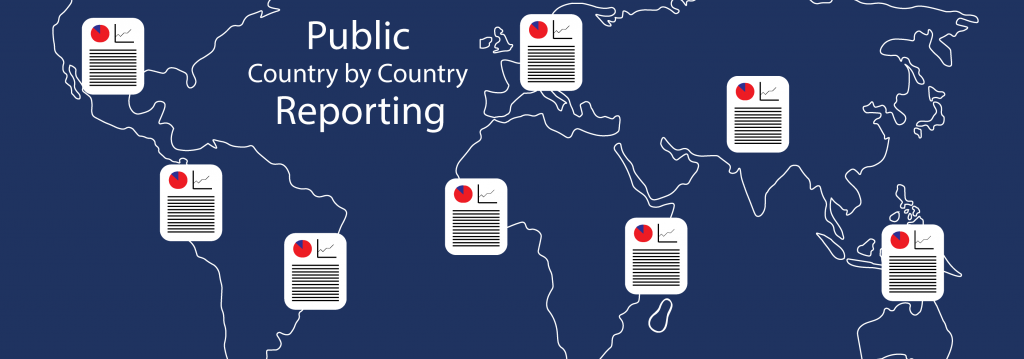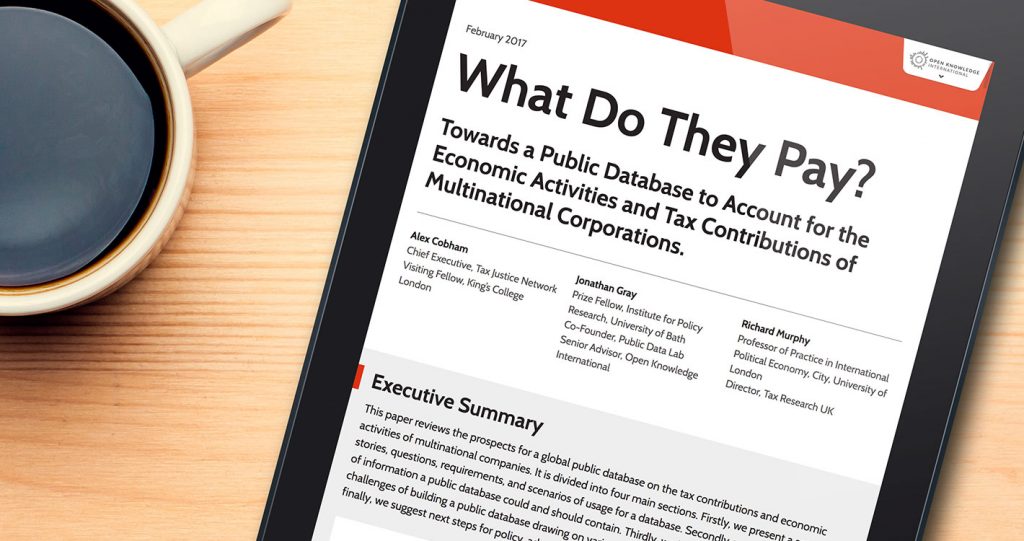Tax avoidance and profit shifting by corporations across the world is an issue which has been gaining visibility over the past decade with many governments, campaigners, researchers and journalists calling for urgent political action. These calls have only gotten louder following recent reporting on scandals such as Luxleaks and the Panama Papers by the International Consortium of Investigative Journalists.
On 30th May 2017 Following a positive committee vote on 12 June, members of the European Parliament will hold a plenary vote on 4 July where they can vote in favour of amendments aimed at forcing Europe’s largest multinational corporations to be more transparent about the tax they pay and their operations in different countries. This would be achieved by getting the companies to release public country-by-country reporting.
Despite setbacks and proposals to water down other tabled amendments, MEPs seem likely to back the amendments calling for country-by-country reporting information to be released to the public “in a common template available in an open data format”. Open Knowledge International hope that MEPs will back these open data amendments to help unlock the value of this key information.

So what is country-by-country reporting and why should it be public rather than being privately reported to tax authorities?
Country-by-country reporting is a transparency requirement which forces large multinational corporations to publish information about their economic activities in all of the countries where they operate. This includes information on the taxes they pay, the number of people they employ and the profits they report.
By legislating greater transparency around tax affairs via mechanisms like country-by-country reporting, the international community wants to tackle tax avoidance and ensure that companies pay the correct amount of tax in line with their activities in any given country. These efforts – spearheaded by the ongoing OECD Base Erosion and Project Shifting (BEPS) project – are focused on helping countries grow their tax bases and benefit more from economic activity carried out in their jurisdictions.
But the BEPS project mandates that corporations’ country-by-country reporting information should be kept private, shared only with the tax authority in the country where they are headquartered and other countries which have tax information-sharing deals in place. The public would have no right to access this information.
We believe that a lack of transparency in current country-by-country reporting standards will fail to build confidence in the fair tax treatment of high-profile taxpayers, missing an important opportunity to build tax morale and wider public support for tax compliance.
Research has shown how restricting access to country-by-country reporting exacerbates global inequalities in taxing rights while a recent joint briefing by 14 civil society organisations set out why public country-by-country reporting is a must for large multinationals to create an “effective deterrent of aggressive tax avoidance and profit shifting”.
For the Open Data for Tax Justice project, Open Knowledge International partnered with the Tax Justice Network and the Financial Transparency Coalition to create a global network of people using open data to improve advocacy and public policy around tax justice issues such as public CBCR.
In February 2017, our white paper – What Do They Pay? – laid out how to create a public database of country-by-country reporting information to account for the economic activities and tax contributions of multinational corporations. And to demonstrate how public country-by-country reporting released as open data can be of great value to a wide range of actors, Open Knowledge International is currently planning work over the next couple of months to take solid steps towards the creation of this database.
We hope that MEPs vote in favour of the public country-by-country reporting open data amendments next week and look forwards to bringing our expertise with open fiscal data to bear to help people make use of this data in future.
Find out more about our Open Data for Tax Justice project at datafortaxjustice.net where you can also read our white paper on laying out a roadmap towards a public database to account for the economic activities and tax contributions of multinational corporations. Email contact@datafortaxjustice.net if you’d like to be added to our project mailing list or follow the #OD4TJ hashtag on Twitter.
Stephen Abbott Pugh was content development manager for the Open Knowledge Foundation.









